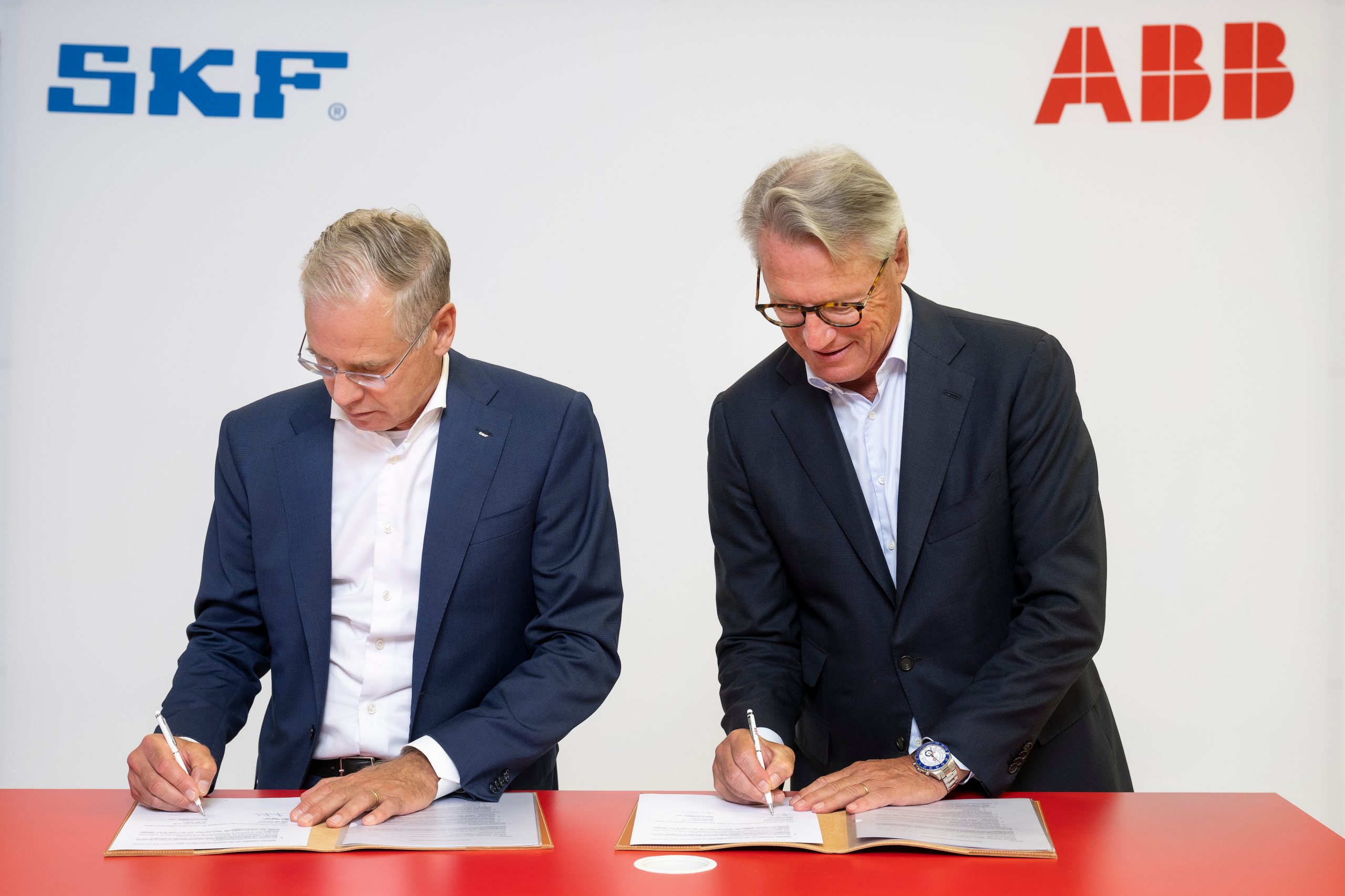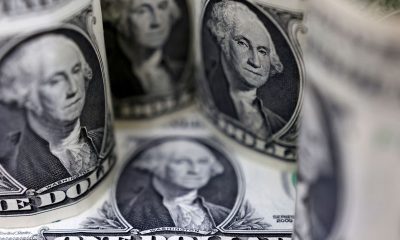Commodities
SKF and ABB expand cooperation in industrial automation

SKF and ABB have signed a cooperation agreement in process automation. Following the success of several projects in SKF’s global manufacturing network, including one in Gothenburg, where a fleet of ABB industrial robots is installed in the bearing manufacturer’s new factory, the two companies are now taking new steps toward collaboration.
As part of the partnership, SKF and ABB will identify and evaluate solutions to improve manufacturing capabilities and support customer production efficiencies. As a first step, SKF has announced investments in automation and clean manufacturing processes to reduce CO2 emissions. In the long term, the parties intend to explore new business opportunities in both traditional and new market segments.
Both companies have recently signed contracts for projects in advanced manufacturing automation, robotic random picking of containers or the installation of innovative logistics automation solutions in more complex industrial halls within SKF’s manufacturing footprint, demonstrating how robots can deliver quality parts management.
SKF Sweden has 140 offices in 32 countries and 18 technical centers around the world. The group employs 46,535 people. In 1907, a Swedish engineer Sven Wingvist invented the first self-aligning double-row bearing, starting the history of Swedish concern SKF, a leader in the production of rolling bearings, lubrication systems, rotary units, elastomeric seals, and related products. Factory Aktiebolaget Svenska Kullagerfabriken was founded on February 16, 1907 in Gothenburg.
ABB is a global technology leader, which has contributed to the digital transformation of industries for many years. The company boasts a rich history of innovation spanning more than 130 years. ABB is a Swiss-Swedish corporation specializing in electrical engineering, mechanical engineering, and information technology. The key directions of activity of the company are power engineering and technologies of automation. The company was founded in 1988 by merging the Swedish company ASEA (founded in 1883), and Swiss Brown, Boveri & Cie (founded in 1891).
Commodities
Oil prices rise; U.S. crude inventories plunge, Russia-Ukraine truce eyed
Commodities
India’s Reliance to stop buying Venezuelan oil over US tariffs, sources say
Commodities
Oil prices climb on Venezuela supply worries

 Forex3 years ago
Forex3 years agoForex Today: the dollar is gaining strength amid gloomy sentiment at the start of the Fed’s week

 Forex3 years ago
Forex3 years agoUnbiased review of Pocket Option broker

 Forex3 years ago
Forex3 years agoDollar to pound sterling exchange rate today: Pound plummeted to its lowest since 1985

 Forex3 years ago
Forex3 years agoHow is the Australian dollar doing today?

 Cryptocurrency3 years ago
Cryptocurrency3 years agoWhat happened in the crypto market – current events today

 World3 years ago
World3 years agoWhy are modern video games an art form?

 Commodities3 years ago
Commodities3 years agoCopper continues to fall in price on expectations of lower demand in China

 Economy3 years ago
Economy3 years agoCrude oil tankers double in price due to EU anti-Russian sanctions





























